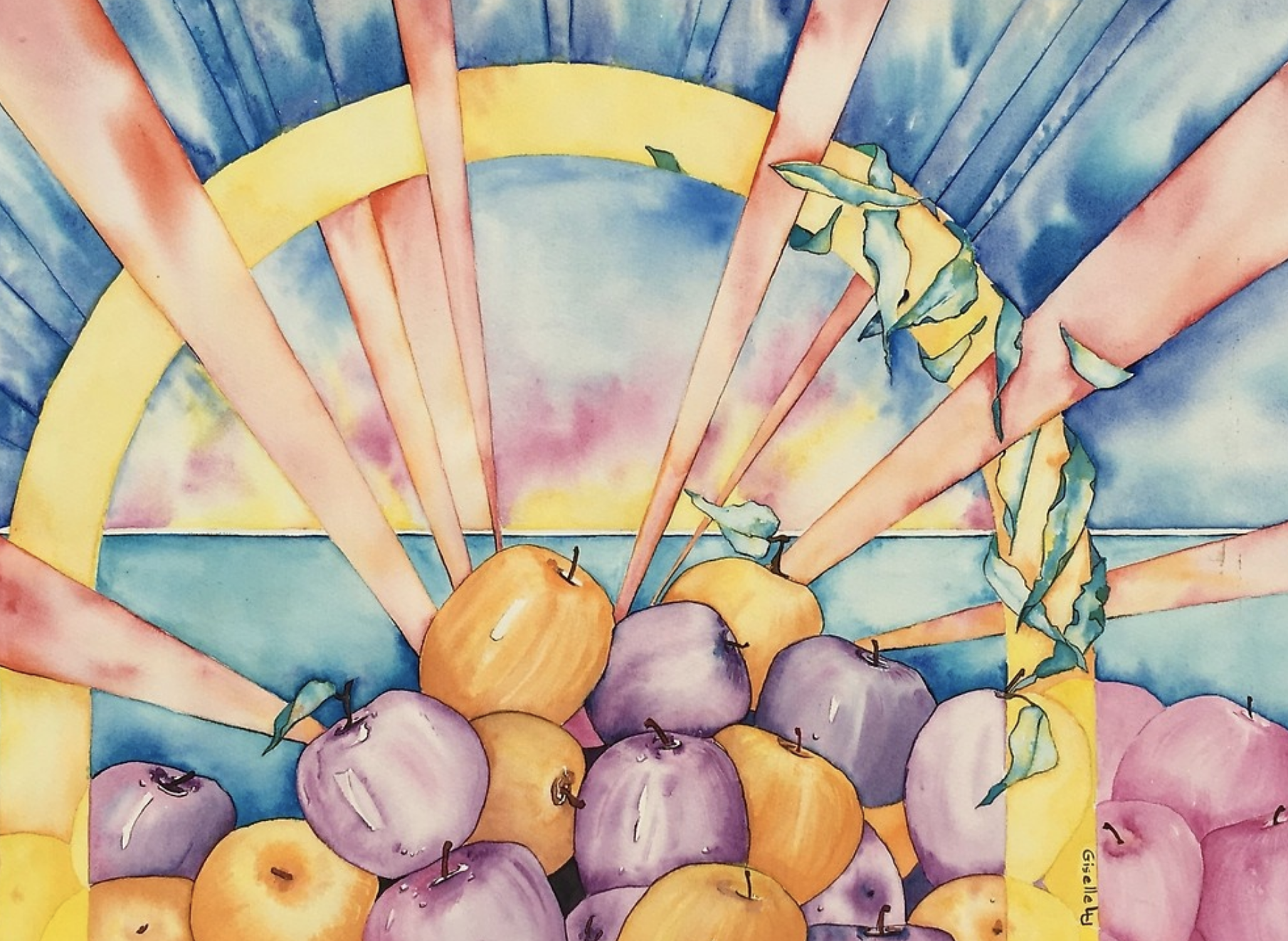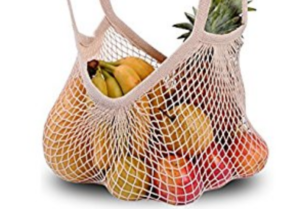
WHY BUY ORGANIC?
13 good reasons …..
- Protect Future Generations
The average child receives exposure to at least eight widely used cancer-causing pesticides in food.
Food choices made now will affect your child’s future health. Organic foods generally contain higher levels of essential nutrients in a better balance than conventional foods. - Prevent Soil Erosion
Soil is eroding seven times faster than it is being built up naturally. Soil is the foundation of the food chain. In addition to conservation methods such as frequency of cultivation, leveling and mulching, organic growers must consider crop residue management plus design and maintenance of water application and drainage systems. Achieving control over any erosion is a pre-requisite for certification. - Protect Water Quality
Pesticides contaminate water. Water makes up two-thirds of our body mass and covers three quarters of the planet thus pesticides pollute the very thing that sustains life. - Save Energy
Modern farming uses more petroleum than any other single industry. More energy is now used to produce synthetic fertilisers than to till, cultivate and harvest all the crops.
Organic farming is based on labour intensive practices such as hand weeding and uses green manuring and crop covers instead of synthetic fertilisers to support soil. - No Nasty Additives
Organic foods contain no additives that could cause health problems such as heart disease, osteoporosis, migraines and hyperactivity.
Among additives banned in foods are hydrogenated fat, aspartame and monosodium glutamate along with artificial preservatives and flavours. - Keep Chemicals Off Your Plate
Many pesticides approved for use were registered long before extensive research linking these chemicals to cancer. It is now considered that 60% of all herbicides, 90% of all fungicides and 30% of all insecticides may cause cancer. Pesticides are poisons designed to kill organisms so they can also harm humans. Besides cancer, they have implicated pesticides in birth defects, nerve damage and genetic mutations. - No Irradiated Or GM Ingredients
Irradiated or genetically modified (GM) ingredients are not allowed in certified organic foods and products. None of these can be absorbed by humans eating organic food. - Protect Farm Workers
Farmers exposed to herbicides have six times more risk than non-farmers of contracting cancer and this figure is rising. Field workers suffer one of the highest rates of occupational illness. Farm workers’ health is also a serious problem in developing nations, where we poorly regulate pesticide use and the use of chemicals banned in western countries is widespread. - Help Small Farmers
Although more large-scale farms are making conversion to organic practices, most organic farms are small family owned farms. North America has lost more than 650,000 family farms in the past decade. The US Department of Agriculture predicts that half their farm production will come from 1% of farms by the year 2000. Organic farming could be one of the few survival tactics left for family farms. - Care For Animals
Animal welfare is taken very seriously under certified organic standards. Animals range freely on certified organic pastures, eat certified organic feeds, are free of growth hormones and anti-biotics and generally lead healthier more productive and longer lives. - Support A True Economy
Although organic foods might seem more expensive than conventional foods, conventional food prices do not reflect the hidden costs of subsidies borne by society. These hide costs include fuel and transport subsidies, pesticide regulation and testing, hazardous waste disposal and clean up, environmental damage, sickness and so on … - Promote Bio-diversity
Mono-cropping is the practice of planting large plots of land with the same crop year after year. While this approach tripled farm production between 1950 and 1970, the lack of natural plant life left the soil lacking in minerals and nutrients. To replace the nutrients, chemical fertilisers were used. Single crops are also much more susceptible to pests, making farmers more reliant on pesticides. Despite a tenfold increase in the use of pesticides between 1950 and 1970, crop losses due to insects doubled – because some insects had become genetically resistant to certain pesticides. - They Taste Different
Organic farming starts with the nourishment of the soil, leading to nourishment of the plant, our taste buds, and us … it is something remembered from childhood.
“Taste The Difference”
(with acknowledgement to the unknown authors)
.. thank you …
First published 17 years ago on useNature.com – I thought this is well worth re-publishing
Dieter L. Editor of useNature
PS: Purchasing and supporting organic products is a fundamental contribution to sustainable living.
For more on Organic Food and Gardening see:
www.usenature.com/sustainable-living.html
